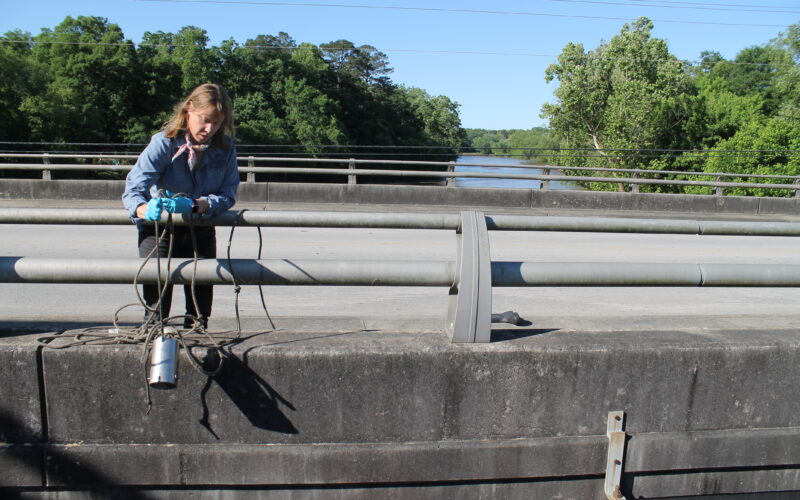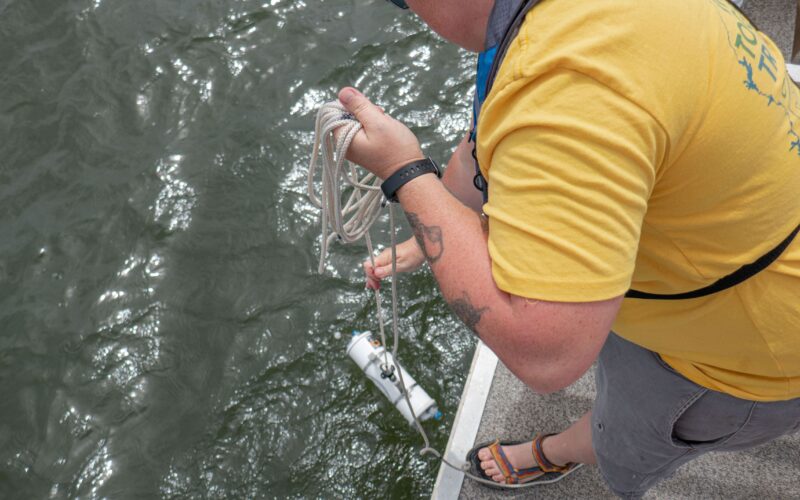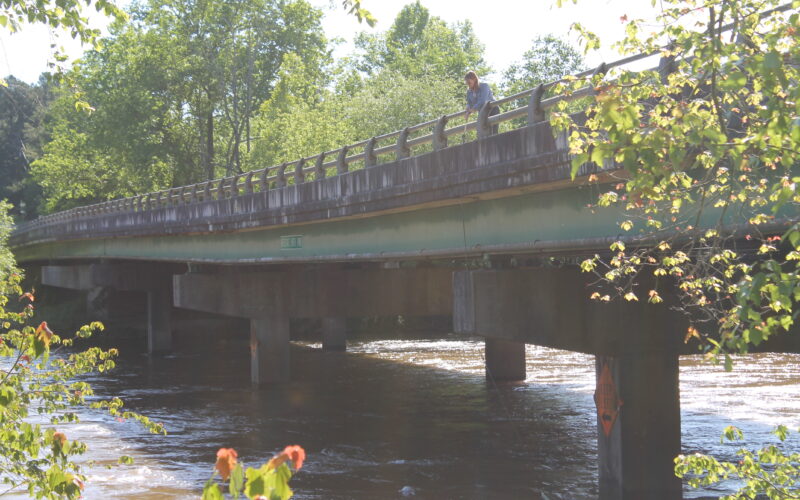Coal ash is what’s left behind after burning coal to produce electricity, and it’s toxic. For decades, Georgia Power has allowed more than 80 million tons of this waste to accumulate at coal-fired power plants across the state. Toxic coal ash contains dangerous heavy metals and carcinogens, including some that have been linked to negative human health impacts.
If left unaddressed, approximately 50 million tons of toxic coal ash will be left in unlined pits near Georgia rivers; 30 million tons of which will be along the Chattahoochee, threatening water supplies and aquatic life around Plant McDonough-Atkinson in Cobb County, Plant Yates in Coweta County, and Plant Wansley in Heard County.
Georgia Power has said it will remove, consolidate, and/or cap this ash in place. The latter – a less expensive approach – is the utility’s preferred fix. In other words, the company wants to leave this toxic material buried next to the Chattahoochee and put a lid on it. Unfortunately, this method still poses some risks. The coal ash would continue to leak into groundwater, a perpetual risk to wells and nearby surface waters.
The utility plans to spend approximately $7 billion on these half-measures. We know based on Georgia Power’s own data that the coal ash ponds at all three plants along the Chattahoochee are already contaminating groundwater, because the utility’s monitoring has found contamination at levels above groundwater protection standards.
There is an alternative to allowing this toxic waste to endlessly threaten our waterways and the health of generations to come: the waste should be excavated and disposed of in permitted, lined landfills away from water.
The ash needs to be stored away from our waterways because it typically contains a variety of substances harmful to human health, including arsenic, chromium, cadmium, lead, and mercury. Long-term exposure to these heavy metals can lead to liver and kidney damage along with cancer.
Despite all the known hazards, Georgia Power is still seeking permits from the Georgia Environmental Protection Division (EPD) to leave 30 million tons of coal ash in unlined pits along the Chattahoochee River. At Plant McDonough-Atkinson in Cobb County, contaminated groundwater has been detected on adjacent county-owned property, confirming that this waste stream can move beyond the power plants’ property lines.
While EPD weighs approval of these inadequate and dangerous permits, neighboring states are doing more to protect their communities and waterways from this dangerous waste stream.
EPD is expected to release draft permits for public consideration and comment in late 2021 and 2022. We cannot allow the utility to spend $7 billion – paid for by ratepayers – on these inadequate disposal plans. CRK opposes these permits that will leave the toxic waste in unlined pits by our river. We will be holding information sessions for our members and Georgians living near these power plants. We encourage you to learn more and join us by submitting letters in opposition to these permits when they are put on notice in the coming months.
You can learn more about this issue in Sierra Club’s three-part docuseries, “Rising From the Ashes,” which features a number of CRK staffers. This story was originally published in the Summer 2021 edition of RiverCHAT.
Related Posts

Take Action: Save USGS water monitoring
To edit your message, fill out your contact information on the left and click "edit messages." For questions about this form, please contact Rosemary Pitrone at [email protected].


